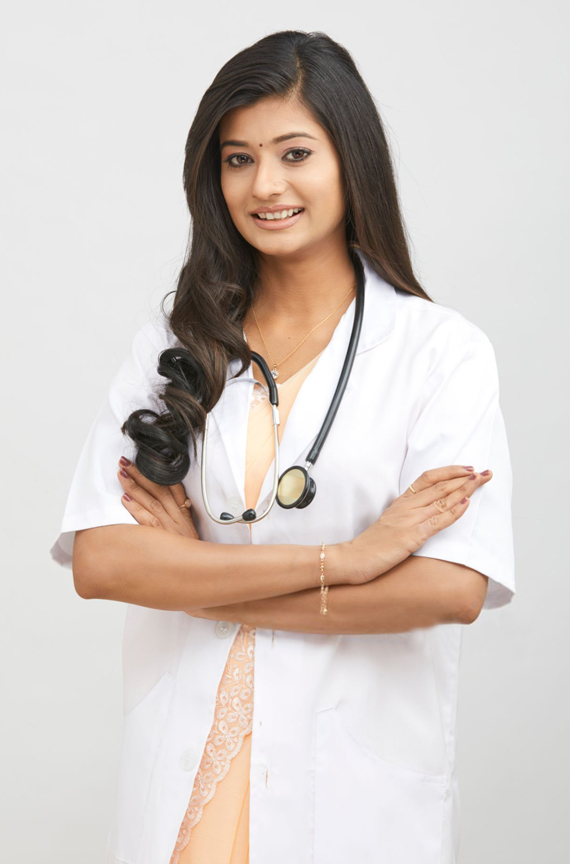- History and Examination
- Proficiency in eliciting, processing and systemically presenting pediatrics history and examination with due emphasis of the important facts.
- Recognition and demonstration of physical findings.
- Recording of height, weight, head circumference and mid arm circumference and interpretation of these parameters using growth reference standard assessment of nutritional status and growth.
- Assessment of pubertal growth(SMR)
- Complete development assessment by history and physical examination, and recognizing development disabilities, including autism.
- Systematic examination
- Neonatal examination including gestation assessment by physical neurological Criteria
- Skills related to integrated management of Neonatal and Childhood illnesses (IMNCI) & Infant and Young Child Feeding(IYCF)
- Psycho social assessment of adolescents (HEADSSS screening)
- Examination of the fundus and the ear (desirable)
(A) Monitoring Skills :
- Non-invasive monitoring of blood pressure, pulse and respiratory rates, saturation and other case-based parameters (abdominal girth, input output charting etc.)
- Venous, capillary and arterial blood sampling using appropriate precautions including arterial and venous blood gases.
- Pleural, pertioneal, and lumbar puncture
- Tuberculin test
- Bone marrow aspiration and biopsy
- Urethral catheterization and suprapublic tap
- Gastric content aspiration
- Pericardial aspiration; subdural, ventricular, Biopsy of liver and kidney(desirable and under supervision)
(B) Therapeutic Skills :
- Breast feeding assessment and counseling; management of common problems
- IYCF counseling
- Establishment of peripheral vascular access
- Puttying central line and CVP monitoring (desirable and under supervision if facilities available)
- Administration of injections using safe injection practices
- Determination of fluid requirement and composition of intravenous fluids and their administration
- Inserting NG/feeding tube and give feeding and fluid resuscitation in emergency
- Neonatal (NRP) and Pediatric basic and advanced life support(mandatory certification from the recognized bodies)
- Blood and blood component therapy
- Intra-osseous fluid administration
- Photo therapy, umbilical artery and venous catheterization and exchange transfusion
- Common dressings ans abscess drainage
- Basic principles of rehabilitation
- Peritoneal dialysis (desirable and under supervision if facilities available)
- Mechanical ventilation (desirable if facilities available)
(C) Interpretation of Investigations :
- Electrocardiogram
- Arterial and venous blood gases
- Plain x-ray chest, abdomen, skeletal system
- Contrast radiological studies: Barium swallow, barium meal, barium enema
- MCU
- Ultrasound skull and abdomen
- Histopathological, biochemical and microbiological investigations
- CT Scan and MRI – Brain, abdomen, chest (desirable)
- Desirable: Electroencephalogram, interpretation of radio-isotope studies, audiogram, neuro physiological studies, (BERA, VER, EMG, NCV), lung function tests
(D) Academic Skills :
- Demonstrate skills in documentation of case details, and of morbidity and mortality data relevant to the assigned situation and in place of work
- Familiarity with basic IT skills.
- Familiarity with evidence-based medicine
- Interpret research paper, and present at least one paper (original research, research brief, case series or case reports) in a National conference or state conference of repute(oral/poster)
- Facilitate learning of medical/nursing students and paramedical health workers and other providers as a teacher-trainer
- Attend other programs: Antimicrobial stewardship and current modules of IAP and IMA (desirable)
- Attending e-module courses: SAM management, IYCF practices (desirable)
For further information Click Here


